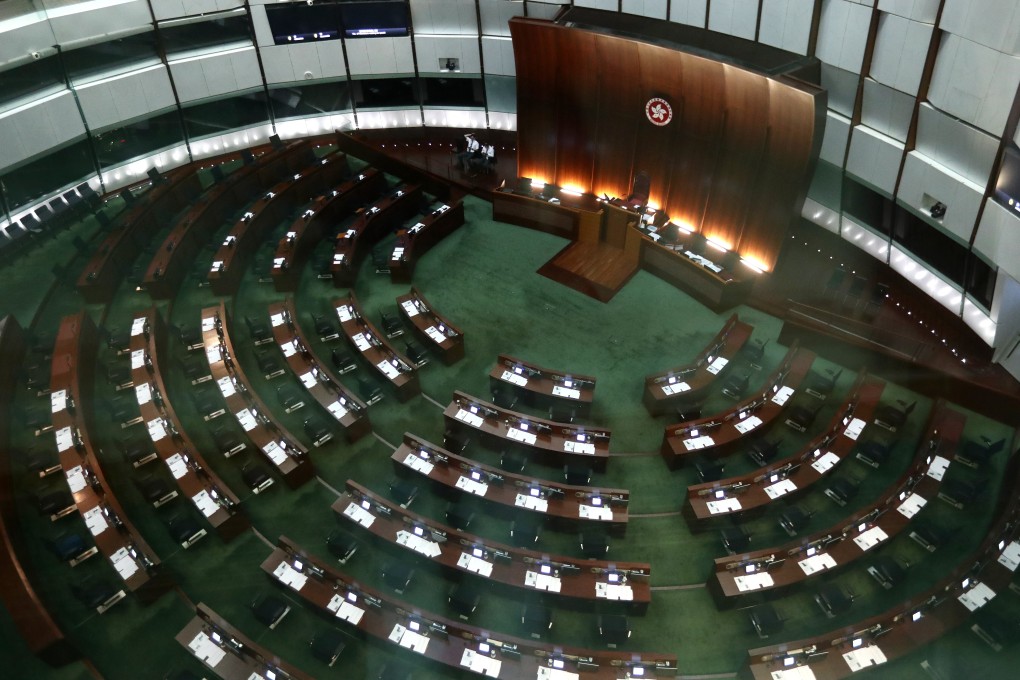Advertisement
Explainer | What’s next after Hong Kong electoral changes? All eyes now on whether opposition parties will boycott polls
- Opposition camp mulls next step even as rivals insist they should not give up on polls as overhaul is a system upgrade and more representative
- Pro-establishment bloc will also have to raise its game in Legco race, especially with shake-up in votes configuration
Reading Time:5 minutes
Why you can trust SCMP
6

Nearly a year after Hong Kong came under a Beijing-imposed national security law, China’s top legislature passed a sweeping resolution in March to overhaul the city’s electoral system.
The shake-ups were seen as necessary for Hong Kong to uphold sovereignty and security, as well as to ensure only patriots can govern the city. Critics have said the changes effectively entrench the influence of the pro-Beijing camp in the city.
On Thursday, the city’s legislature passed the Improving Electoral System (Consolidated Amendments) Bill 2021 to implement the overhaul.
Advertisement
We recapped the changes in the first of this two-part explainer series earlier.
In this second instalment, we look at reactions to the electoral shake-up from both sides of the political divide, and what’s next.
Advertisement
Why the need to rewrite the rules?
Beijing deemed the move necessary to screen out “unpatriotic” opposition members and those who posed a risk to national security. At the closing of the plenary session for the state’s top legislature in March, Premier Li Keqiang hailed the resolution for the changes as a key step to improve the “one country, two systems” governing policy following the 2019 social unrest in Hong Kong.
Advertisement
Select Voice
Select Speed
1.00x